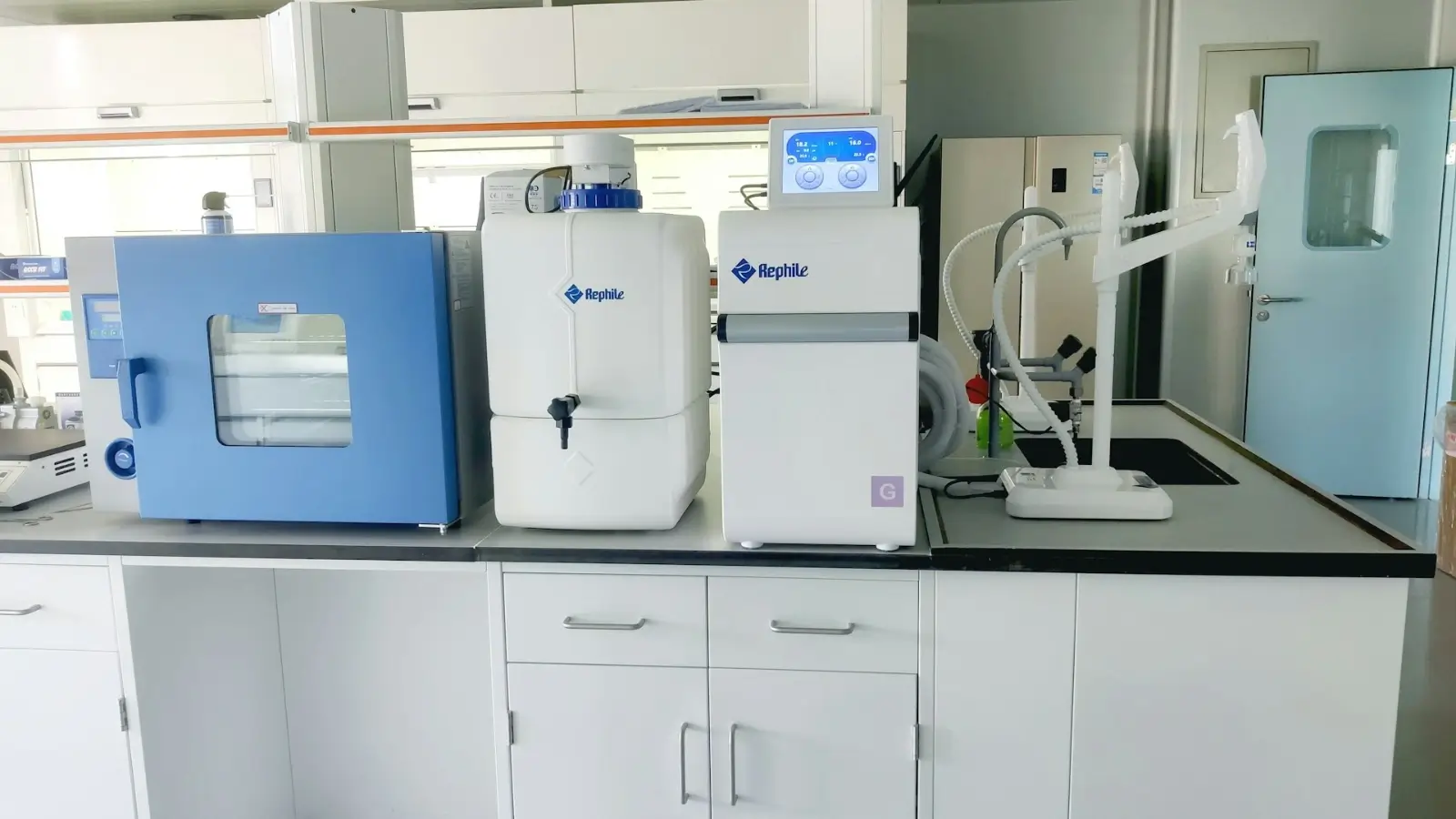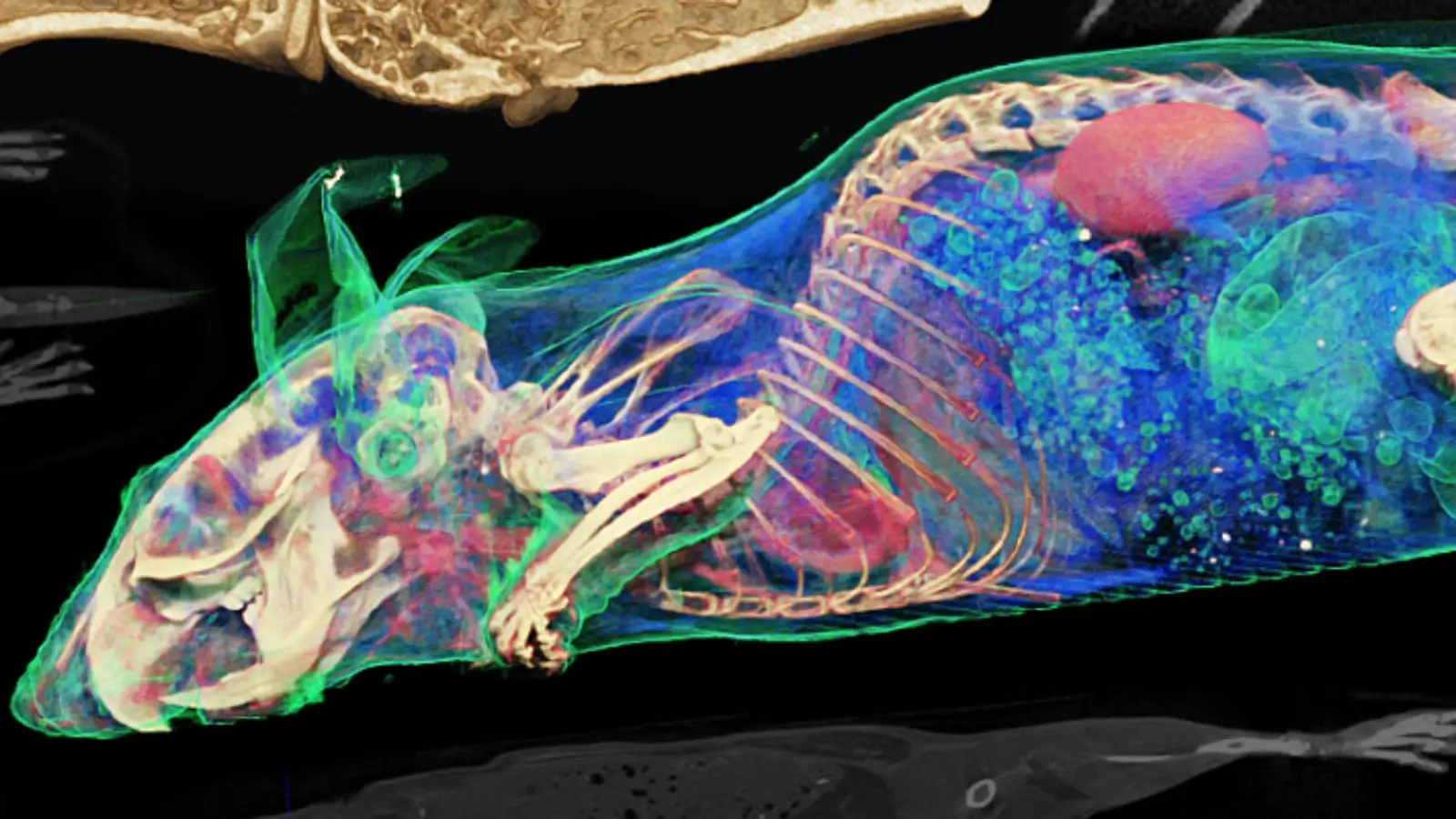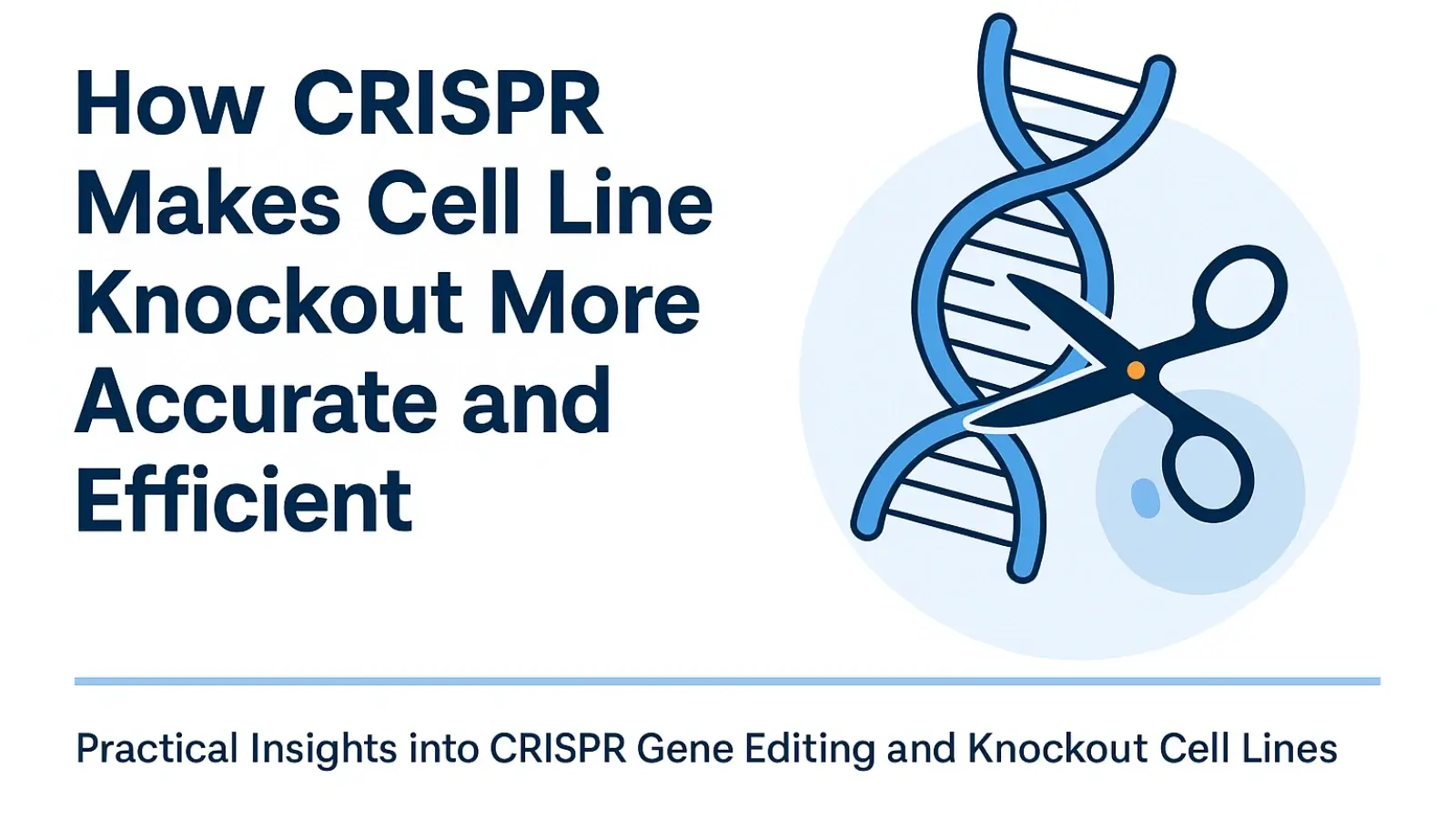Thymagen, a peptide derived from thymic tissue, has garnered attention in scientific investigations due to its hypothesized role in immune modulation and cellular regeneration. Researchers indicate that Thymagen may interact with molecular pathways involved in immune system regulation, tissue recovery, and cellular homeostasis. While its precise mechanisms remain under investigation, studies suggest that Thymagen may contribute to various biological processes within a research model.
Due to its proposed properties, Thymagen has been incorporated into studies examining immune resilience, regenerative biology, and cellular adaptation. Scientists theorize that its molecular structure may allow it to engage with intracellular signaling pathways, potentially supporting gene expression and protein synthesis. As research continues to evolve, Thymagen remains a subject of interest in understanding complex biological interactions.
Immunological Research and Potential Implications
One of the primary areas of interest surrounding Thymagen is its hypothesized impact on immune system regulation. Investigations suggest that the peptide might interact with lymphoid structures, potentially supporting the maturation and activation of immune cells. This has led to speculation regarding its relevance in studies focusing on immune equilibrium, adaptive immunity, and inflammatory responses.
T-Cell Modulation Research
It has been theorized that Thymagen may play a role in T-cell differentiation and activation. Research suggests that the peptide may contribute to the regulation of cytokine balance, a crucial factor in maintaining immune homeostasis. Scientists exploring immune modulation suggest that Thymagen might be relevant in studies examining immune suppression and overactivation.
Inflammatory Response Investigations
Thymagen has been hypothesized to play a role in regulating inflammation, with researchers suggesting that it may support cytokine production and immune signaling pathways. This has led to its inclusion in studies examining chronic inflammatory conditions, where immune dysregulation is a central concern.
Regenerative Research and Tissue Recovery
Beyond immunological studies, Thymagen has been explored in the context of tissue regeneration. Investigations indicate that the peptide might contribute to cellular repair mechanisms, particularly in studies focusing on wound healing and fibrosis.
Wound Healing and Fibrosis Research
Research suggests that Thymagen may be relevant in studies examining tissue recovery following injury. Scientists hypothesize that the peptide might interact with extracellular matrix components, potentially supporting cellular proliferation and repair. This has led to its inclusion in investigations related to fibrosis and regenerative science.
Cellular Aging and Longevity Studies
Thymagen has been theorized to be involved in cellular aging-related research, with scientists exploring its potential impact on cellular senescence and immune function decline. Investigations suggest that the peptide may play a role in maintaining immune equilibrium, a key factor in longevity studies.
Exploratory Research in Neurological and Endocrine Domains
While primarily studied in immunological and regenerative contexts, Thymagen has also been included in exploratory research related to neurological and endocrine functions.
Neuroimmune Interactions
It has been hypothesized that Thymagen might be relevant in studies examining neuroimmune interactions. Researchers suggest that the peptide may contribute to immune signaling within neural environments, potentially supporting neuroinflammatory pathways.
Endocrine System Investigations
Thymagen has been explored in endocrine research, with scientists theorizing that it might interact with hormonal regulatory mechanisms. Investigations suggest that the peptide may be relevant to studies examining endocrine-immune interactions.
Biochemical Properties and Hypothetical Mechanisms
Thymagen is classified as a bioregulatory peptide, a group that theoretically supports natural cellular functions through targeted interactions with cellular components. Structurally, Thymagen consists of amino acid sequences thought to interact with specific cellular receptors or signaling pathways, potentially modulating gene expression and cellular repair mechanisms. The peptide's interaction with intracellular signaling pathways may be one of its most critical hypothetical functions.
Studies suggest that by supporting these pathways, Thymagen may modulate transcription factors or cellular proteins involved in the activation and differentiation of immune cells. Research suggests that the peptide may indirectly support immune cell function by enhancing T-cell activity. This property suggests Thymagen might hypothetically maintain a balanced immune response, particularly within laboratory specimens experiencing immune senescence, where immune system components lose their resilience over time.
Thymagen Peptide and Cellular Homeostasis
Thymagen has been incorporated into studies focusing on cellular homeostasis, with researchers hypothesizing that the peptide might support aspects of cellular proliferation and regenerative processes. Investigations purport that Thymagen may be relevant in scenarios involving tissue restructuring, where researchers examine its theorized impact on fibroblast activity, collagen synthesis, and cellular turnover.
Additionally, researchers suggest that Thymagen may interact with biological pathways involved in fibrosis regulation, contributing to investigations that explore peptide-mediated modulation of tissue remodeling. By hypothesizing its relevance in regenerative studies, scientists continue to investigate how Thymagen may play a role in maintaining cellular integrity and promoting structural adaptation.
Thymagen Peptide and Immune Cell Responsiveness Research
Studies suggest that Thymagen peptide may modulate the immune response in experimental models of bacterial infections. One of its key actions, as posited by researchers, is to decrease polyclonal immune activation. This property has led scientists to hypothesize that Thymagen might contribute to immune equilibrium by regulating immune cell activity.
Additionally, investigations suggest that Thymagen may affect the balance between cyclic adenosine monophosphate (cAMP) and cyclic guanosine monophosphate (cGMP), two key second messengers involved in intracellular signaling pathways that regulate immune responses. A balanced cAMP/cGMP ratio ensures the proper signaling and functioning of immune cells, such as lymphocytes and macrophages. Researchers suggest that Thymagen might contribute to maintaining cellular homeostasis even under conditions that typically cause imbalances, such as immune sensitization.
Conclusion
Thymagen remains a subject of scientific curiosity, with researchers continuing to explore its proposed implications across various domains, including immunological, degenerative, neurological, and endocrine. Investigations suggest that the peptide may contribute to immune resilience, tissue recovery, and studies related to cellular aging, as well as exploratory research involving neuroimmune and endocrine interactions. While its precise mechanisms require further elucidation, Thymagen may continue to be a focal point in understanding peptide-mediated biological processes. Researchers interested in this peptide may go here to acquire it.
References
[i] Savino, W., & Dardenne, M. (1995). Thymic hormones and central immune tolerance: A critical appraisal. Immunology Today, 16(3), 115–120. https://doi.org/10.1016/0167-5699(95)80013-5
[ii] Goldstein, A. L., Hannappel, E., & Kleinman, H. K. (2012). Thymosin β4: A multi-functional regenerative peptide. Basic properties and clinical implications. Expert Opinion on Biological Therapy, 12(1), 37–51. https://doi.org/10.1517/14712598.2011.632828
[iii] Palmer, D. B. (2013). The effect of age on thymic function. Frontiers in Immunology, 4, 316. https://doi.org/10.3389/fimmu.2013.00316
[iv] Dardenne, M., & Savino, W. (1991). Neuroendocrine control of thymus physiology. Endocrine Reviews, 12(2), 151–168. https://doi.org/10.1210/edrv-12-2-151
[v] Dardenne, M., Pleau, J. M., Nabarra, B., Lefrancois, M., & Bach, J. F. (1982). Biochemical and biological properties of thymulin in mice and humans. Annals of the New York Academy of Sciences, 396, 103–116. https://doi.org/10.1111/j.1749-6632.1982.tb26807.x

















